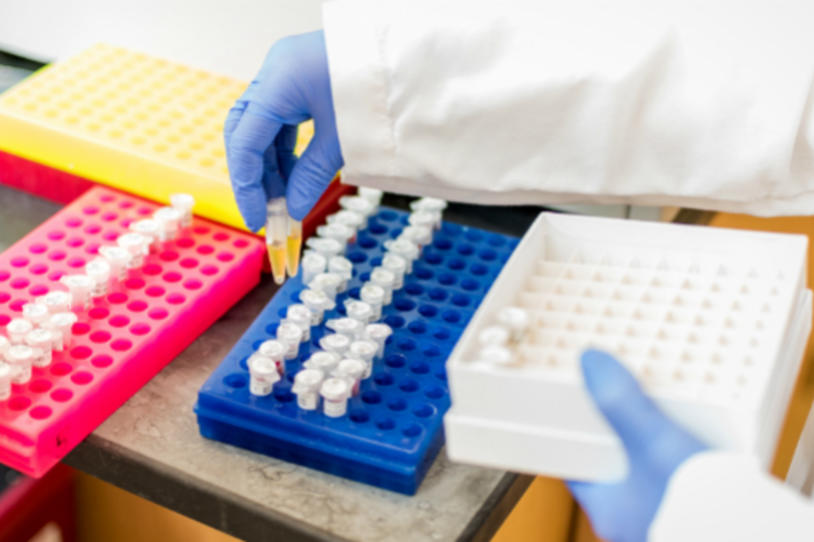
Research findings released this week suggest an unlikely organ may play a role in Parkinson's disease -- the appendix. While this connection may seem surprising at first, it's part of a body of research demonstrating the link between the gut and Parkinson's.
The study, which examined health data from 1.6 million Swedes, found that people who had an appendectomy were 20 percent less likely than those with an appendix to develop Parkinson's. Researchers also looked at data from The Michael J. Fox Foundation's (MJFF) Parkinson's Progression Markers Initiative and discovered that an appendectomy was associated with an 3.6 year delay in disease onset among people who had the surgery and later developed Parkinson's. (Researchers caution that this does not mean people can undergo an appendectomy to eliminate Parkinson's risk.)
Commenting on these findings, Rachel Dolhun, MD, vice president of medical communications at MJFF, told the Los Angeles Times:
"It's a piece to the puzzle. It suggests protein misfolding might happen in peripheral organs to be an initiating factor in [Parkinson's] disease, and that the appendix might be an organ that could contribute."
Dr. Dolhun continued the conversation with Scientific American, further discussing the link between the gut and Parkinson's, and how better understanding the causes of disease can help us prevent it:
"Many people who develop Parkinson's suffer earlier in their lives from constipation, loss of smell, low blood pressure and sleep disorders such as acting out their dreams, says Rachel Dolhun . . . People should not be concerned if they have occasional constipation in midlife, she notes, but a constellation of these symptoms may mean someone is at higher risk for developing the disorder. She hopes people will eventually be able to get risk scores early enough to let them to make lifestyle or medication changes in attempt to prevent the disease, she says."
Read the full articles in the Los Angeles Times and Scientific American. Hear more from Dr. Dolhun on this subject by visiting HealthDay.